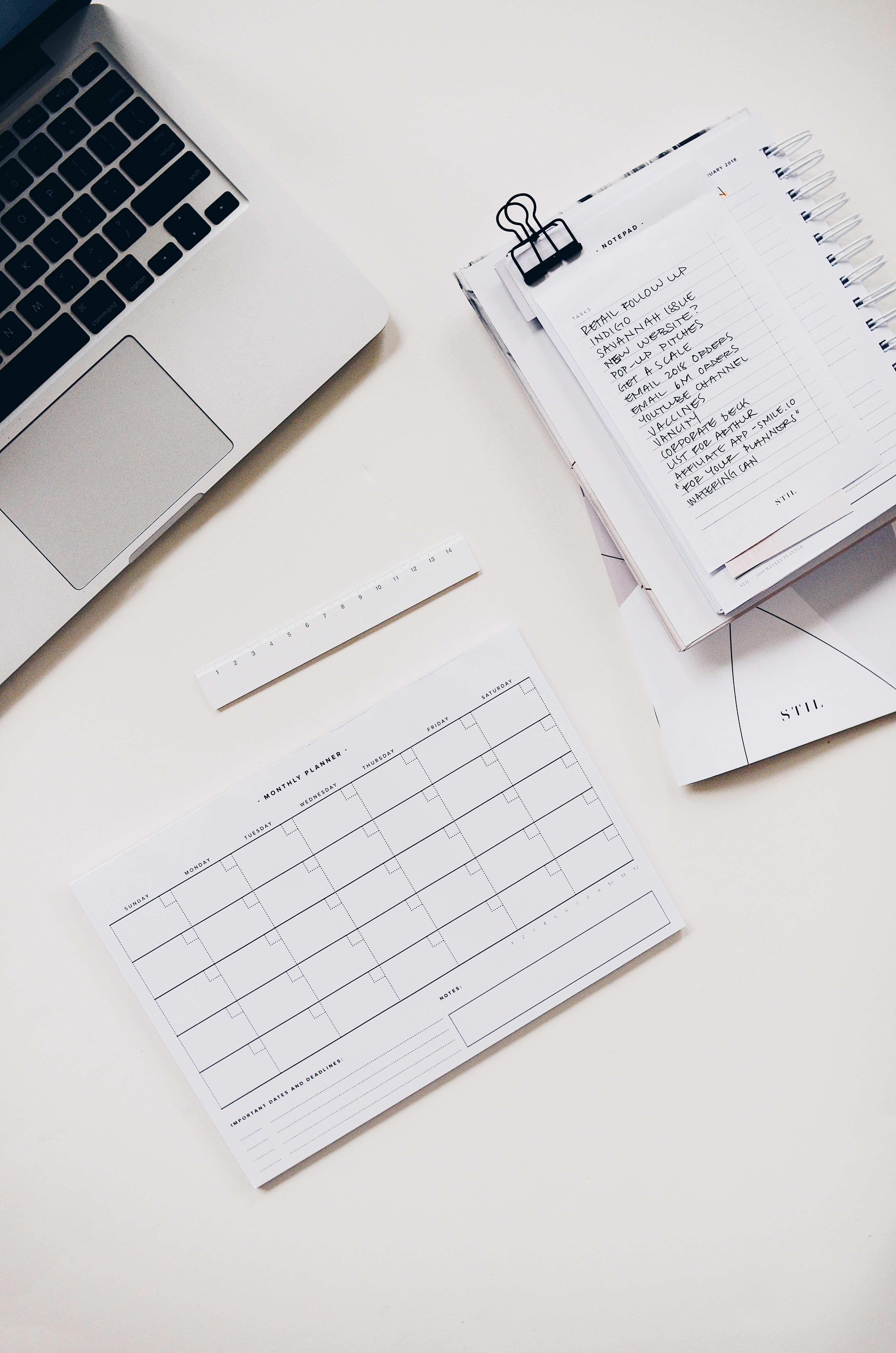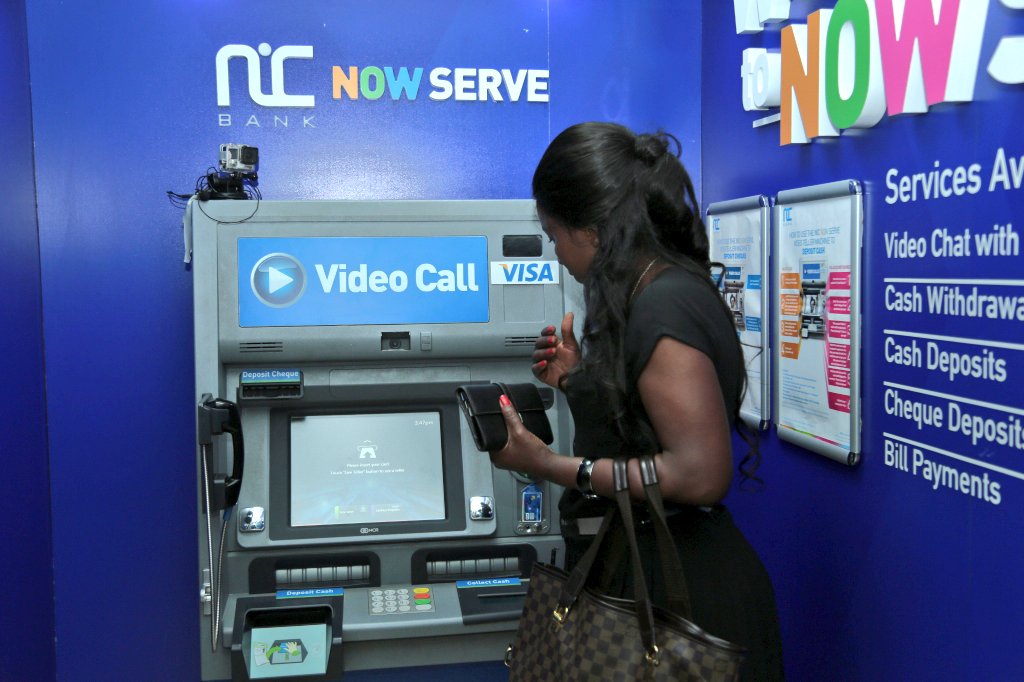Confession: I Am Not Great At Managing My Money
Whenever I speak publicly about personal finance as I did recently at the Sanlam Annual Conference, people approach me thereafter and praise both the talk and my apparently great money management skills:
“Wow! You must be great at saving money”
“Are you trained in finance?”
I am
“This is why you are great at personal finance!”
Here is the surprise though. I am not great at managing my money. The Kiswahili saying that goes “mganga hajigangui” (a healer doesn’t heal himself) is true to my case. I understand the psychological and practical aspects of good money management, but I am not a good money manager.
You know the way they say that some people are savers, while others are spenders? I am a spender. I love spending money, especially on food, wine, and experiences. I am not a clothes person, and I got over the shoes thing, but I am the kind of person who books a random vacation because Jambojet has announced an offer (never mind the fact that a vacation is more than just a cheap flight).
That 72 hour offer from @FlyJambojet is for real. Just booked a random baecation at 2,200 Bob per person one way.
— Lady Tweetmouth (@RookieKE) April 17, 2018
Side note: The offer was real, both flights were on time, and we had so much fun, especially because the vacation ended up being really cheap – it was low season in Watamu, and we ate at the locals instead of fancy hotel food. Also because we are old, we spent no cash on activities, a walk on the beach was enough activity 🙂
I also bought a washing machine and a smart TV on a whim. My friend had upgraded her washing machine, and one morning she asked me if I wanted to buy her old one. Without a thought (or a glance at my bank account), I enthusiastically said “YES!”, then realised I would need to find money to pay for it. The TV was a World Cup thing – we had been discussing this because watching movies on the laptop gets old after some time, and I last bought a TV 12 years ago, but the actual purchase was on a whim. I didn’t plan or even save for it.
No, I am not rich. I do not have random money floating about in my account. What happens is that I either commit financially then later find ways to earn the cash, or I spend money that is meant for other things…e.g savings and investments (then I “repay” it later).
Does this mean that this entire website is a lie?
No, like I said, I understand many things about prudent money management. In addition to this though, there are actions I have taken to protect myself from my poor money management skills. The first and most important has been to automate my savings in three ways:
- I contribute to a retirement pension scheme, to which my employer matches. This is deducted even before taxes are deducted and it is a neat way to pay less in taxes.
- I belong to two savings groups (chama). Contributing to these is not optional, so I have set up standing orders to go out on the 28th of every month.
- I have a standing order to my savings account (for which I do not have an ATM). Here goes my savings for investments, and savings for expenses that do not come up every month e.g school fees, insurance, etc. I empty this account every 3 months because I have been known to raid it for whimsical expenses (see the washing machine and TV above).
I have basically had to “Kellie-Proof” my money.
The one thing I have however desired to master but have constantly failed at is to control my spending through expense tracking. My expense tracking has not been consistent. I always pick it up for a couple of months (just enough for budget review), then I fall behind and drop off. In terms of tracking methods, I have tried the notebook method, an Excel spreadsheet, free apps, a paid app, none has worked. I always end up with more cash in the software than I have in my bank account/wallet, because I forget to track some expenses or get lazy. This is my third start this year.
So what will I do differently:
- I will minimize cash transactions. Money experts say that when we pay in cash, we spend less. Compared to paying by cards for example. We are all different though because while I may pick fewer items in the supermarket when paying by cash, I tend to buy more random things when I have cash in my wallet. In addition to this, it is harder to account for cash purchases. So I will stick to Lipa Na M-Pesa and cards for most of my purchases.
- I will give up my subscription to the paid app. As suggested by this tweep, this is one of the first ways I can save money.
Hehe! Perhaps, you need to start saving by cutting out the subscription for that paid app 😅and using the simple free options available. Google sheets works perfect because you can customize it to your needs and liking.
— Abraham Ochieng’ (@abrahamochieng) August 6, 2018
I will put my above-average Excel skills to create a template for expense tracking which I can update using my phone. - For the next 4 weeks, I will be accountable to you, my readers of this blog, and people who follow me on Twitter. This will be in form of weekly posts and weekend Twitter chats where I will update my expenditure, with a note on what was necessary spending and what was not.
My hope is that at the end of the month, I’ll have achieved some consistency in expense tracking, but more importantly, I will notice areas of unnecessary spending that I can reduce on.
Wish me luck!
Update: Week 1 review triggered some feelings I did not expect.
This post and subsequent posts on this series are sponsored by Maisha Ni M-Pesa Tu, a promotion by Safaricom, where Safaricom is looking to give away 7 apartments, over Sh110 million worth in daily and weekly cash prizes, and over Sh100 million worth of data, SMS and airtime prizes to M-Pesa users. What I like about this promotion is that I do not need to do anything to stand a chance to win, other than use M-Pesa for transactions, as usual. Follow the conversations on Twitter using the hashtag #MaishaNiMpesaTu
Image Credit: Yao Xiao Art





2 Comments